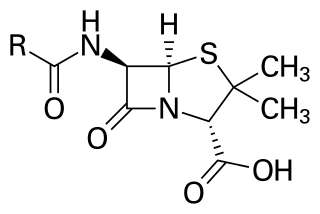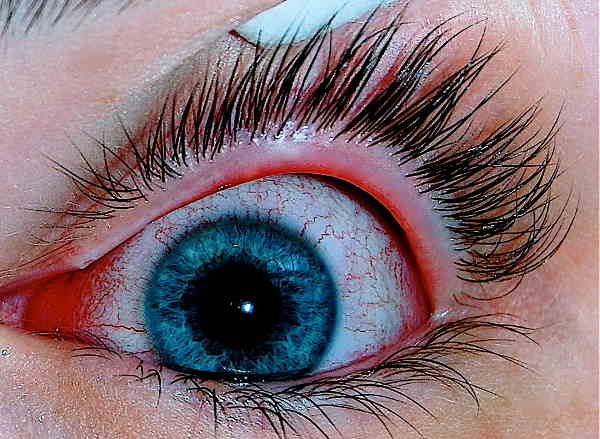Please remember: the information presented on this website is intended for educational purposes and is not meant to replace a visit to a qualified healthcare provider.
Every day in my medical practice (usually multiple times), I see patients that request an antibiotic medication for the treatment of their symptoms. Most cases of infection seen by medical providers, do NOT require antibiotics for treatment. During a disaster situation, when medical care may not be readily available, it is important to use your preps wisely; therefore, in this post, we will review several basic indicators of infection, likely causes, and possible treatments.

Penicillin core structure, where “R” is the variable group
Antibiotics kill bacteria (and some spirochetes), but not viruses. Except for some well known bacterial infections such as “strep throat”, “ear infections”, bacterial conjunctivitis (most people call this “pink eye”), urinary tract infections (UTI), tuberculosis (Tb), an infected cut, “food poisoning”, some STDs (chlamydia/gonorrhea) and certain types of pneumonia, many other common ailments are not bacterial. Most common infections experienced by adults and children are VIRAL.
There are several viral medications on the market that are focused on certain viral infections, examples include HIV, Hepatitis C, Influenza type A & B only (“the flu”), Herpes, and Shingles. Still, the treatments for these ailments don’t always “kill” the virus. Anti-viral medications generally control the quantity of virus present in the body by preventing the virus from multiplying, while the body’s immune system attacks the virus, or enhance the body’s immune system response in order to fight the virus.
Continue reading →



